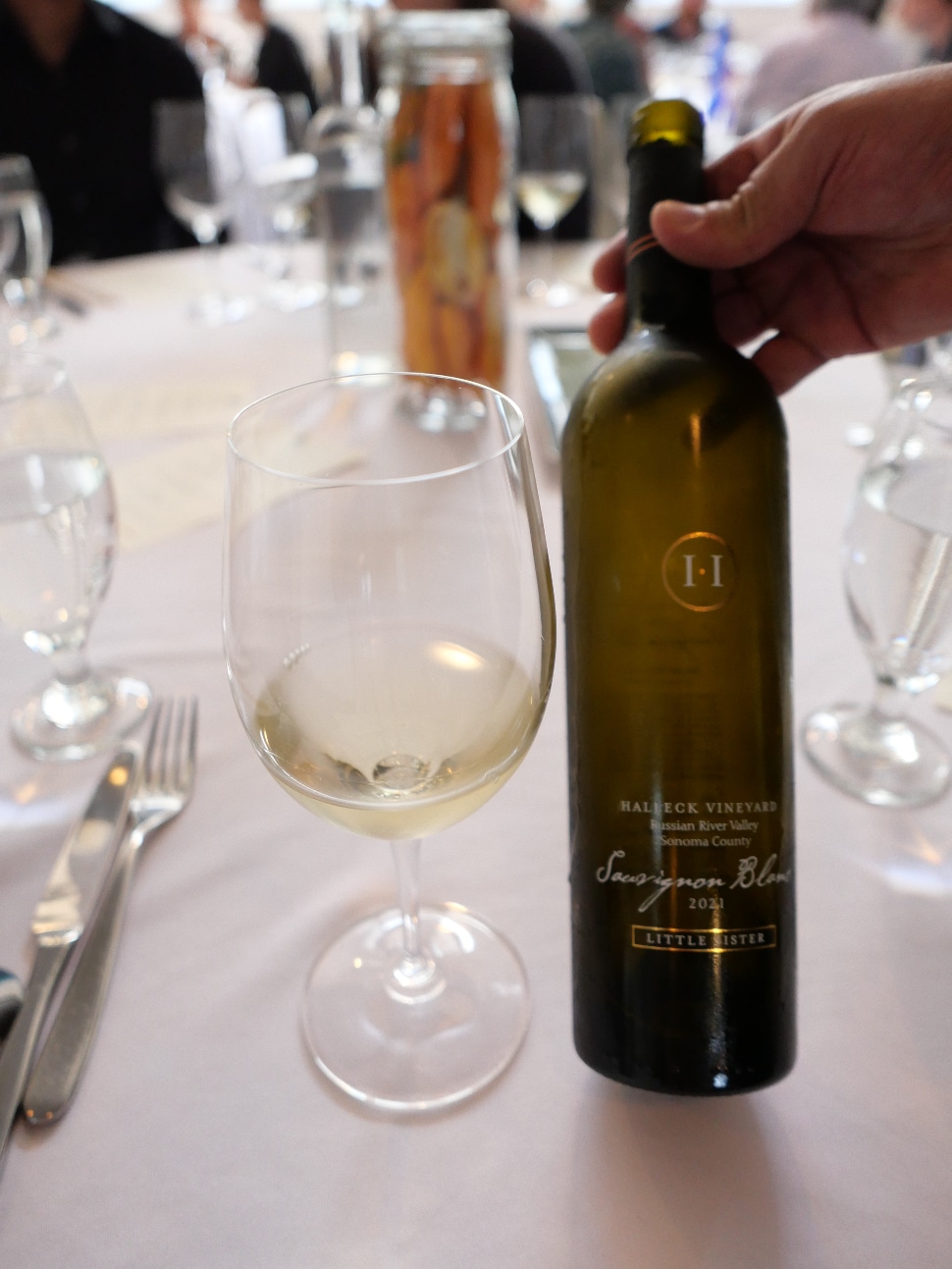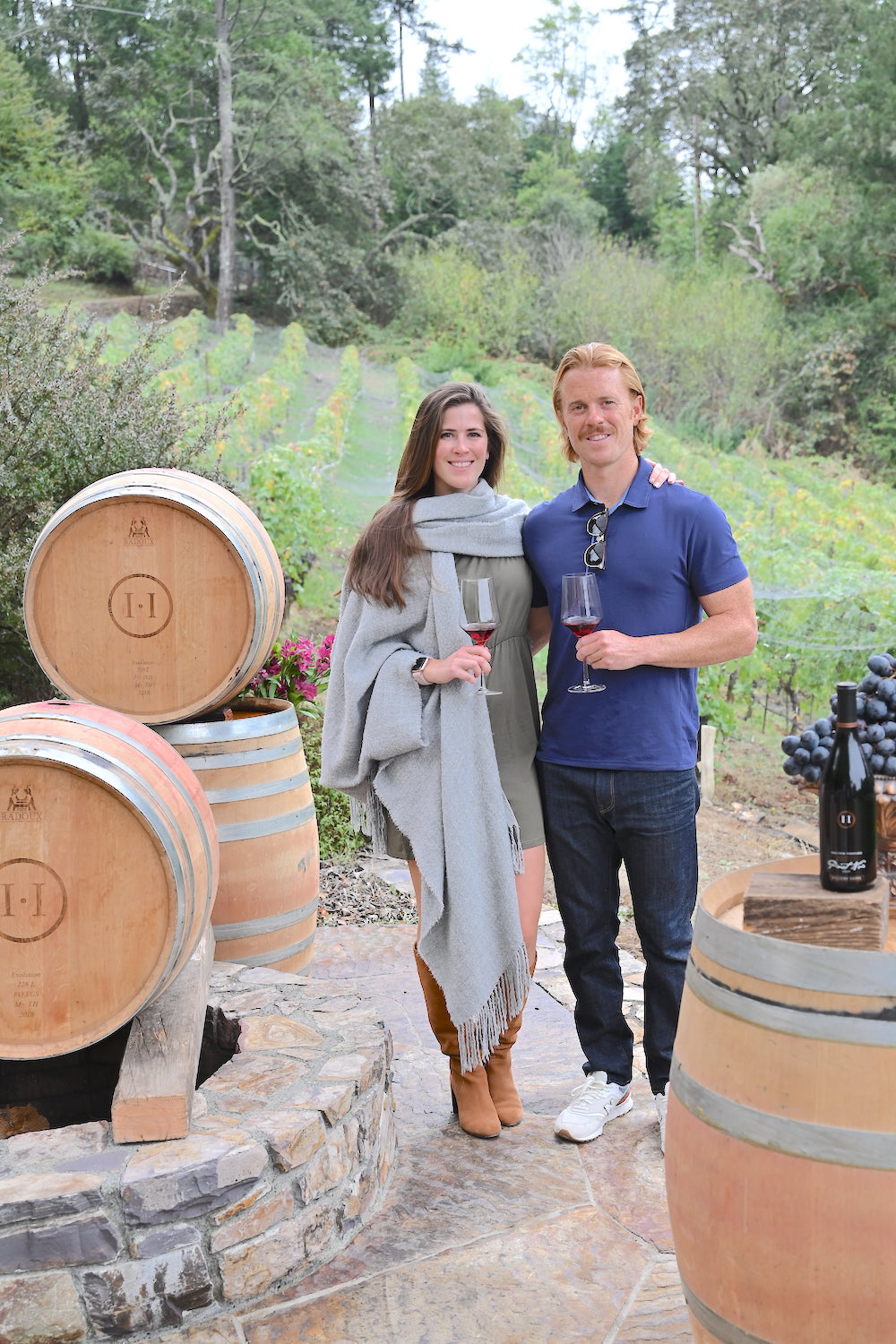Wineries Near Santa Rosa - Vineyard Tasting Events In Sonoma County
Wineries Pairing Wine With Chocolate - Sebastopol Wine Tours And Vineyards
Wine tasting is commonly thought to be an art type, one that goes past merely having fun with a beverage. It embraces a posh interplay of flavors, aromas, and textures that requires dedicated practice to really master. Many who venture into the world of wine tasting quickly notice that it involves rather more than just sipping wine. Bettering sensory skills through devoted winery wine tasting can elevate the experience, transforming an informal drinking occasion into a complicated exploration of the senses.
At a basic level, wine tasting engages the senses of sight, scent, taste, touch, and even sound. Each element performs a crucial function in appreciating the nuances of a wine. When one first pours a glass of wine, the rich hues can present preliminary insights into its age and varietal. Observing the color and readability helps kind expectations concerning the wine's flavor profile. Many don’t totally appreciate how this visual evaluation can set the stage for what's to follow.
The subsequent step is to engage the sense of smell. Swirling the glass aerates the wine, allowing its risky compounds to flee and fill the air with its bouquet. The nostril entails some fascinating layers—different aromas can sign various aspects of the winemaking process, including the sort of grapes used, fermentation strategies, and getting older situations. Developing a keen sense of smell can be a game-changer in wine tasting.
Wineries With A Focus On Syrah - Explore Sebastopol Area Vineyards
To enhance this sensory skill, wine enthusiasts are sometimes inspired to participate in dedicated tastings at wineries. These tastings enable individuals to focus solely on the sensory experience (Family Friendly Wineries With Outdoor Spaces). Tasting sessions led by educated sommeliers or winemakers can provide insights into identifying distinct aromas. Learning to distinguish between floral, fruity, earthy, and spicy notes can empower a taster to articulate their experience with greater precision.
As one practices their sensory talents, they might discover that their style preferences evolve. This transformation often happens after multiple tastings. A wine that initially appeared overwhelming might reveal hidden layers of complexity with a little bit of experience. Understanding how to isolate particular person flavors such as acidity, sweetness, bitterness, and umami contributes considerably to the general wine experience.
Another important component in enhancing sensory skills is the context during which wine is tasted. Environmental factors like temperature, lighting, and even the corporate current can influence perceptions. At a winery, an optimal setting can cut back distractions and enable a more profound exploration of the wine (Wineries In The Heart Of Sonoma County Wine Region). Practicing conscious tasting techniques encourages a more immersive experience, allowing tasters to hone in on their senses.
It is not solely about individual notion, though. Partaking with others throughout a tasting can also improve sensory skills. Sharing notes and discussing impressions fosters a deeper understanding of the wine. This collaborative approach encourages individuals to articulate their sensory experiences, thereby broadening their linguistic repertoire associated to wine tasting.
Wineries With Estate-Grown Grapes - Craft Wineries In Sonoma
Additionally, pairing wine with food can considerably enhance the tasting experience. Different combos can convey out unique flavors in each the wine and the dish. As one tastes a wine alongside specific foods, they'll begin to recognize how sure parts in the wine complement or distinction with what they are consuming. This skill of pairing is another layer that enriches sensory development.
Coaching one’s palate can involve a selection of workout routines. Some enthusiasts engage in systematic tasting experiences, sampling a spread of wines that showcase totally different varietals, regions, or vintages. Exploring this range can sharpen the ability to discern nuances throughout totally different wine profiles. Over time, this practice builds a psychological library of flavors that might be accessed during future tastings.
Notably, written notes serve a twin purpose: organizing one’s thoughts and reinforcing memory. visit this page By writing down observations about each wine, tasters can monitor their progress over time. Detailing the traits of wines assists in solidifying knowledge, in the end deepening one’s appreciation of what they eat.
Moreover, attending workshops or classes targeted on sensory evaluation can be beneficial. Many wineries provide these instructional applications to help people refine their skills. Often, educated instructors guide members via structured tastings, specializing in specific parts of the wine. This level of schooling reinforces the sensory skills asynchronously and challenges tasters to suppose about their experiences from totally different angles.
Best Wineries For Wine Tasting In Sonoma - Sonoma Wineries With Vineyard Views

Over time, the dedication to improving sensory skills through dedicated winery wine tasting can yield significant rewards. The enjoyment derived from wine becomes layered and multifaceted. No longer limited to a simple preference for "red" or "white," tasters begin to appreciate the tales behind every pour. They domesticate a palette able to navigating the advanced panorama of flavors with confidence.
In conclusion, the journey of enhancing sensory skills by way of devoted winery wine tasting is as rewarding as it is pleasant. It requires focus, dedication, and a willingness to study, but the outcomes far exceed the initial effort. By engaging multiple senses and participating in thoughtful discussions, people not solely turn into more proficient at figuring out flavors but in addition develop a deeper appreciation for the craftsmanship behind each bottle. The process transforms wine from a mere beverage into a wealthy tapestry of sensory exploration that beckons enthusiasts to delve deeper. As skills enhance, so too does the enjoyment, enriching life experiences one sip at a time.
Wineries Offering Elegant Wine Tastings - Sonoma's Best Vineyards
- Engaging the palate through numerous wine varieties enhances the flexibility to distinguish flavors and aromas, refining overall sensory perception.
- Collaborating in guided tastings promotes centered consideration on refined characteristics of each wine, nurturing crucial tasting skills.
- Learning to determine particular grape varieties fosters a deeper understanding of terroir, which aids in recognizing regional flavor profiles.
- Incorporating food pairings throughout tastings can heighten sensory consciousness, as totally different tastes can influence one another and alter perceptions.
- Practicing the art of swirling and nosing wines permits individuals to connect olfactory cues with taste, enhancing the power to articulate sensory experiences.
- Attending workshops that emphasize blind tastings trains members to rely purely on their senses rather than preconceived notions, enhancing objectivity.
- Elevating sensory skills can lead to higher wine choice skills, empowering people to make knowledgeable decisions based mostly on personal preferences.
- Participating with educated sommeliers provides insights into wine-making processes, which deepens sensory appreciation and enhances vocabulary for describing wines.
- Common participation in tastings encourages reminiscence improvement of flavors and aromas, aiding within the formation of a customized sensory profile over time.
- Sharing tasting experiences with peers fosters discussion, promoting communal learning that may improve particular person sensory skills via collaboration.undefinedWhat is the purpose of enhancing sensory skills via wine tasting?

Bettering sensory skills via wine tasting permits people to enhance their capacity to determine and appreciate the assorted aromas, flavors, and textures of wine. This heightened sensory awareness can result in a deeper understanding of wine and an general enriched tasting experience.
Rustic Family-Owned Wineries In Sebastopol - Best Vineyard In Sonoma
How can I develop my sensory skills at a winery?
You can develop your sensory skills at a winery by participating in guided tasting classes that concentrate on particular varietals. Have Interaction with educated workers who can present insights and encourage you to take notes on your impressions, enhancing both your observational and descriptive abilities.
What should I expect throughout a devoted wine tasting experience?
Wineries Offering Charcuterie And Wine Pairings - Unforgettable Wine Tastings In Sonoma
Throughout a devoted wine tasting experience, count on to pattern Check This Out a selection of wines while receiving targeted schooling about every one. You Will study concerning the winemaking course of, tasting techniques, and the means to discern completely different sensory traits, all in a relaxed setting.

Is prior information of wine essential to benefit from a sensory skills workshop?
- Eco-Friendly Wineries In Sonoma County
No prior data of wine is necessary; the workshops are designed for all levels of experience. Novices will find useful information to construct from, while seasoned tasters can refine their skills and increase their palate even additional.
How do sensory skills impact my general wine appreciation?
Wineries In Sebastopol - Unique Wine Tasting Experiences In Sebastopol
Bettering sensory skills considerably enhances your overall wine appreciation by permitting you to determine subtleties and complexities in wines. This deeper understanding enriches your tasting experience and helps you make informed alternatives based mostly on personal preferences.
Are there specific techniques I ought to use while tasting wine to enhance my sensory skills?
Wine Tasting Events In Sonoma County - Sonoma Vineyard Tours
Sure, using techniques such because the "SWOT" technique (Sight, Swirl, Odor, Sip, Savor) could be useful. Pay attention to the wine's appearance, aromatics, and mouthfeel, and take your time with each sip to fully discover the flavors and sensations.
What kind of wines are sometimes included in sensory skills tastings?
Typically, sensory skills tastings embody a wide range of wines that showcase completely different regions, varietals, and styles. This diversity helps members determine distinct characteristics and enhances their capacity to differentiate between wines.
Can sensory skills workshops be personalized to my tasting interests?
Wineries Ideal For Romantic Getaways - Sebastopol's Vibrant Wine Scene
Many wineries supply personalized options for sensory skills workshops, allowing you to concentrate on specific types of wines or themes that interest you, such as organic wines or unique regional choices. It Is finest to inquire directly with the winery for tailored experiences.
Is there a way to practice sensory skills after leaving the winery?
Yes, you presumably can practice your sensory skills at home by tasting completely different wines and preserving a tasting journal. Experimenting with numerous food pairings and aromatics can further enhance your understanding of how flavors interact, reinforcing the abilities gained on the winery.